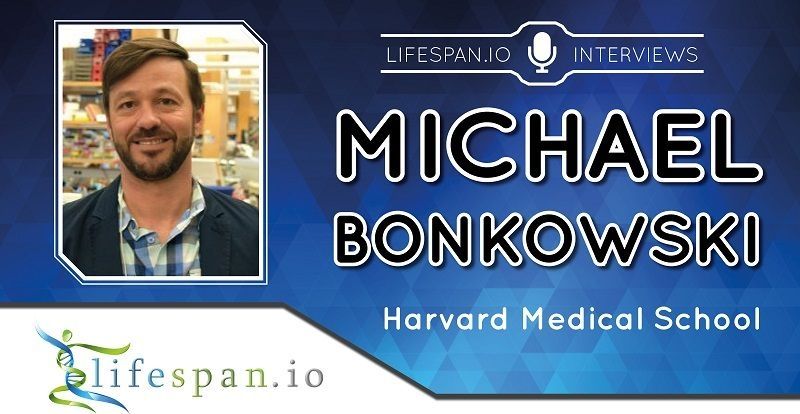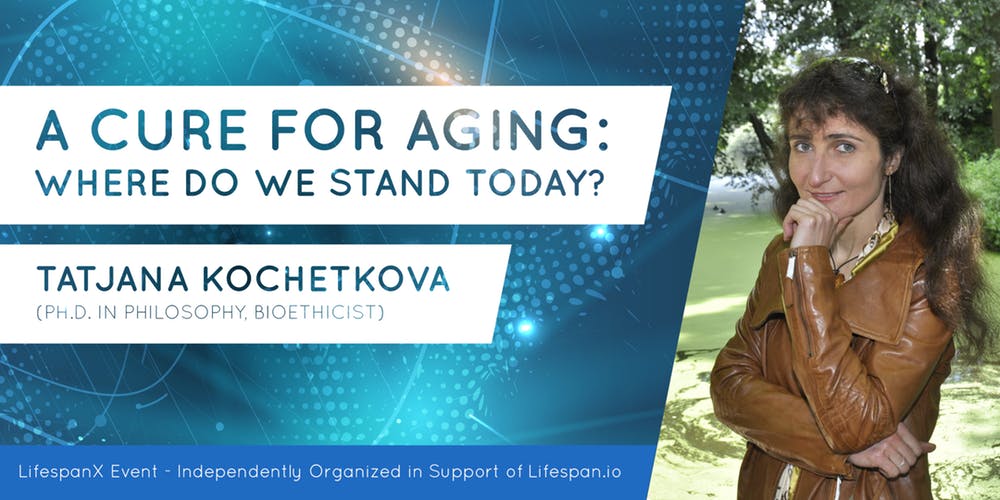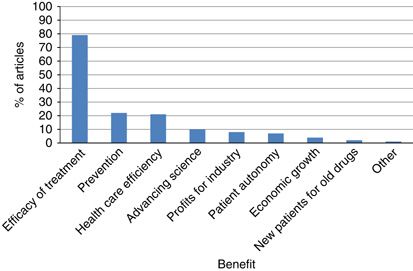Today, we have an interview with Dr. Michael Bonkowski, an expert on NAD+ biology and aging from the David Sinclair Lab, Harvard Medical School.
Michael Bonkowski aims to advance our understanding of the links between metabolism, aging, and age-associated diseases. He has published 35 peer-reviewed journal articles and has conducted multiple successful longevity studies. In Dr. David Sinclair’s lab, his research efforts are focused on the role of nutrient sensors’ regulation of endocrine signaling and aging in the mouse. He is also working on direct and indirect ways to drive the activity of these nutrient sensors by using dietary manipulations, small molecules, and chemical treatments.
Michael is trained as a pharmacologist, physiologist, and animal scientist. Some of his areas of expertise include animal physiology, genetics, glucose, and insulin homeostasis, metabolism, assay development, protein biochemistry, and transmission electron microscopy imaging.







